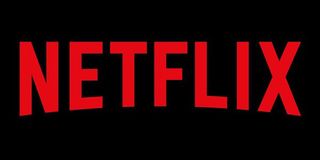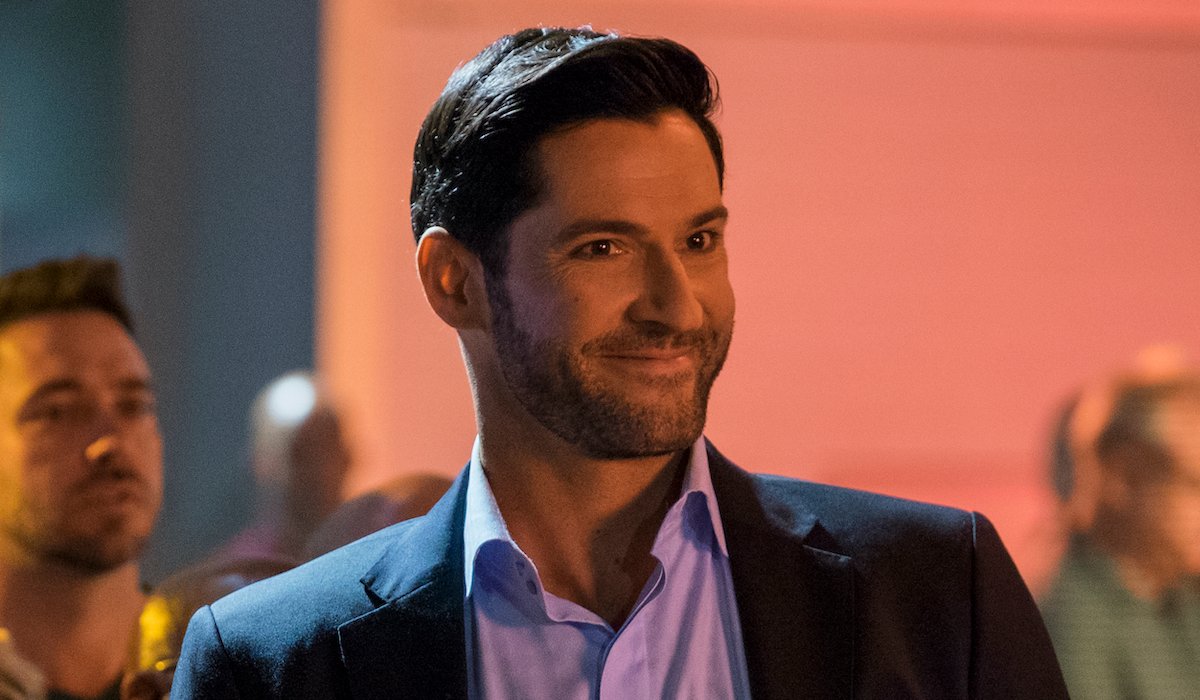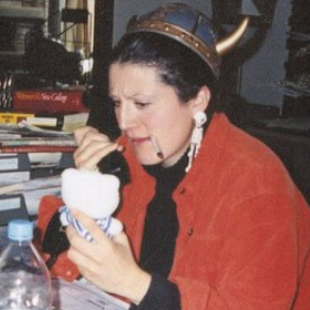Netflix's New Metric For Recording Viewers Is Absolutely Ridiculous

Listen, I love Netflix. I watch Netflix all the time. But give me a break. You can't have it both ways -- touting huge viewing figures for various movies and shows with the asterisk fine print that you now consider two minutes of watching something as a view.
That's apparently the new metric Netflix is using. It was revealed via Netflix bragging to its shareholders about the millions of viewers for shows like The Witcher and movies like 6 Underground. But while saying The Witcher was on track to be Netflix's biggest Season 1 TV series ever -- which may very well be true -- it also noted the methodology for tracking those viewers had changed drastically.
Up to this point, Netflix recorded a view as one user account -- even if shared by multiple people -- watching at least 70 percent of an episode. Now, Netflix is basing a view on a title it decides a viewer has chosen to watch, figuring two minutes shows a viewer made a choice to watch that thing, as opposed to Netflix just starting a trailer or the next program on its own.
Here's what Netflix wrote to its shareholders (via EW):
As we’ve expanded our original content, we’ve been working on how to best share content highlights that demonstrate popularity. Given that we now have titles with widely varying lengths — from short episodes (e.g. Special at around 15 minutes) to long films (e.g. The Highwaymen at 132 minutes) — we believe that reporting households viewing a title based on 70 percent of a single episode of a series or of an entire film, which we have been doing, makes less sense. We are now reporting on households (accounts) that chose to watch a given title.
As EW noted, by "chose to watch" Netflix means watching at least two minutes of a TV series or movie, figuring that's "long enough to indicate the choice was intentional."
Two minutes! So, yeah, Netflix knows that's going to give it much higher view counts than if it stuck with 70 percent of an episode or movie. That must make shareholders happy if they just care about those overall numbers and don't ask for the full data on how many people finished movies or kept watching shows.
Here's Netflix's rationalization for the change:
CINEMABLEND NEWSLETTER
Your Daily Blend of Entertainment News
Our new methodology is similar to the BBC iPlayer in their rankings based on ‘requests’ for the title, ‘most popular’ articles on The New York Times which include those who opened the articles, and YouTube view counts.
So it wants to be seen as more of an Internet service? Sure, to address the New York Times comparison, if you click on an article, that can count as a view -- but the company's analytics also show how long a person was actually reading the story, and that makes a difference vs. accidentally clicking on something or glancing at it. Also, that's something all news sites do and it's judged differently than, say, single copy sales of NY Times print editions. In this case, Netflix is doing an apples to oranges comparison for itself vs. other TV shows and movies.
Netflix knows perfectly well this is not how most TV shows and movies record viewers. Most shows are still stuck with the reports from Nielsen data. And then there's whatever other streamers like Amazon and now Disney+ might be doing, since they tend not to publicly share viewership numbers. It's the Wild West out in the streaming world. But Netflix seems to want to have its cake and eat it too. It wants to justify its inflated viewership numbers under this questionable metric -- basically comparing itself to YouTube cat videos -- but also wants to be taken seriously and compete at the Oscars and Golden Globes and Emmy awards, alongside TV shows judged by a completely different metric.
If I'm paying for a Netflix subscription and watch two minutes of a movie then realize it sucks and turn it off, that's not me watching the movie. That's not me buying a ticket to a movie at the local cineplex and walking out -- but I still bought a ticket, so the film gets credit. No, that's me already paying just to enter the cineplex and walking into various theaters for a couple of minutes to see what I might like.
If Netflix shareholders only look at that big viewership number, which could include two minutes of viewtime, how are they going to know which TV series or original movies are worth investing in that people will actually watch?
EW had a whole breakdown of how Netflix, Amazon, and other streaming services calculate ratings. Brian Fuhrer, Nielsen’s SVP of Product Leadership, noted that people consume content differently nowadays. And streaming, which often includes binge-watching, is different from watching things on traditional TV networks.
Nielsen only tracks in the U.S. and tracks devices connected to a TV screen. Netflix tracks worldwide and includes mobile, tablet, and computer views. Nielsen shares average viewer metrics for entire seasons and episode-by-episode, while Netflix does not share that publicly.
I'm not arguing that everyone should follow Nielsen's lead, because I feel the Nielsen system is outdated. I'd love a standard, though. And it sounds like the rest of the viewing world would too. Here's what Fuhrer told EW of Nielsen's clients:
The question that everyone asks is, ‘What is my rating? But then the second question asked is, ‘Okay, but how does it do in comparison to everybody else?’ So there’s a little bit of tension in the industry.
I'll bet. Because Netflix is not held to the same standard, it can shout about giant viewing numbers, with the context of those numbers often hidden in the fine print. Conversely, while network shows with low ratings have to suffer that public defeat on a weekly basis, Netflix and other streamers can hide any and all failings -- or just quietly not renew shows for future seasons and leave it at that. To other TV show producers, I can understand why that would be frustrating. Perception is so often reality. I'm sure networks would love to be able to come up with their own new methodology that helpfully inflates their own numbers.
Whether this change makes perfect sense to Netflix or not, it's being treated as an absurd joke to viewers:
Streaming does seem to be the future, and most streaming services don't even provide as much information as Netflix. My hope is that frustration with Netflix's random viewership counts -- which we just have to take their word for -- will lead to a new industry-wide standard. Get everyone in the same room and hash it out. It's time.
Gina grew up in Massachusetts and California in her own version of The Parent Trap. She went to three different middle schools, four high schools, and three universities -- including half a year in Perth, Western Australia. She currently lives in a small town in Maine, the kind Stephen King regularly sets terrible things in, so this may be the last you hear from her.
Most Popular








